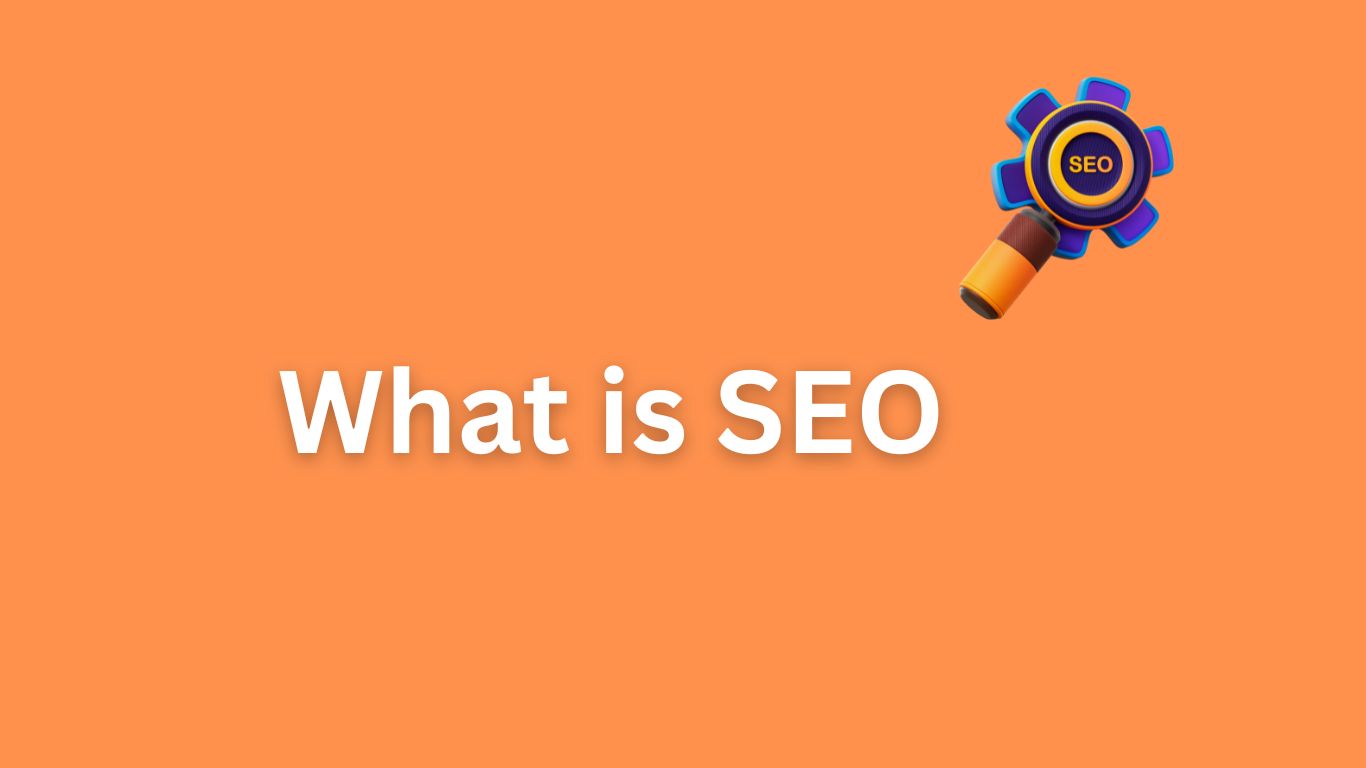SEO, or Search Engine Optimization, is the practice of enhancing a website or its content to boost its visibility and ranking on search engines like Google, Bing, or Yahoo. The main objective of SEO is to increase both the quantity and quality of organic (non-paid) traffic to a website by ensuring it appears prominently in search engine results pages (SERPs) for relevant searches.
SEO encompasses a mix of strategies, techniques, and best practices that help search engines comprehend the content and relevance of a website. This, in turn, raises the chances that the site will show up when users search for related topics or keywords.
Key Components of SEO:
On-Page SEO: This involves optimizing elements on your website, such as content, title tags, meta descriptions, URL structure, and internal linking, to make them more appealing to search engines.
Off-Page SEO: These are actions taken outside of your website to enhance rankings, such as acquiring backlinks (links from other websites), social media signals, and brand mentions.
Technical SEO: This focuses on optimizing the technical aspects of your website, including site speed, mobile-friendliness, secure HTTPS connections, and a well-organized site structure.
The Importance of SEO lies in its capacity to improve a website’s visibility, user experience, and overall success in attracting organic (non-paid) traffic from search engines. Here’s why SEO is essential for businesses and websites:
- Increased Organic Traffic
Search Engine Visibility: SEO enables your website to rank higher on search engines like Google, Bing, and Yahoo. Websites that appear on the first page of search results receive significantly more clicks and traffic.
Cost-Effective: Unlike paid advertising, which requires a budget, organic traffic generated through SEO is free. Although SEO demands time and effort to implement, the long-term benefits are considerable and sustainable. - Better User Experience (UX)
Website Structure and Navigation: SEO best practices prioritize clean website structures and easy navigation.


